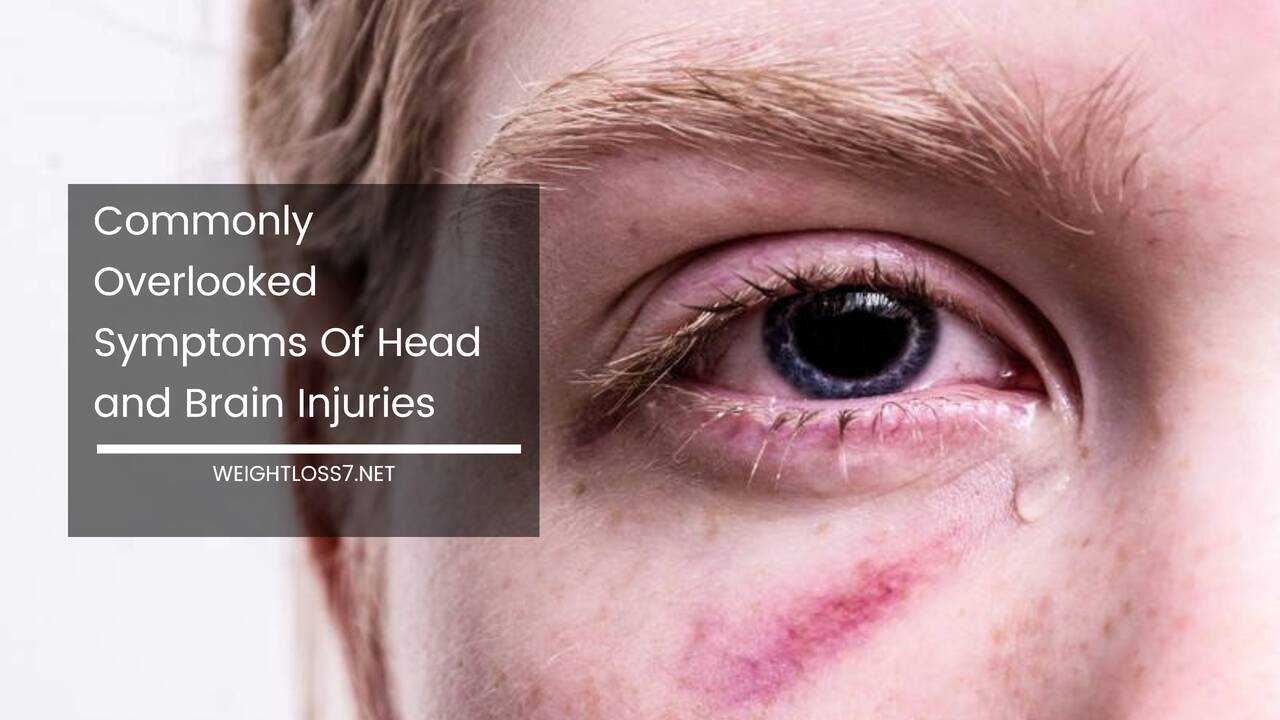Commonly Overlooked Symptoms Of Head and Brain Injuries

Trauma to the head, skull, or brain can become a very serious issue, especially when one does not seek medical attention immediately.
If you, a family member, or a friend should sustain trauma to the head, you (or he/she) should immediately head to an emergency room or hospital equipped with a trauma unit.
Many individuals will overlook symptoms of head or brain injury, simply because they do not seem to be a big deal; but these symptoms could signal a serious injury, one that could potentially alter your quality of life permanently.
Some injuries can even prove fatal, so there is no room to assume that you, a friend, or a family member is okay when they take a blow to the head.
There are many different classes of symptoms, so each should be paid careful attention.
Cognitive
These symptoms mainly consist of the impairment of the ability to reason or complete mental processes.
Some of the cognitive symptoms of brain injuries are loss of memory, inability to commit thoughts to memory, inability to comprehend simple thoughts or actions, loss of the ability to communicate effectively, and difficulty in paying attention, solving problems, concentration, or multitasking.
These symptoms are typical of brain injuries, especially concussions.
Physical
These are the outward symptoms of brain or head trauma, and are usually quickly observed.
They include becoming nauseous, vomiting, headaches, impaired sex drive, dizziness, hearing loss, altered eyesight or loss of eyesight, sensitivity to noise, and the loss of motor skills or touch.
Sleeping patterns can also be affected; the individual may try to sleep excessively, or suffer from a loss of sleep.
Behavioral
Head trauma can frequently change the behavior of an individual. This could also affect their personality temporarily, so these red flags should be acknowledged should they become apparent.
Behavioral symptoms include acting out or inappropriately, becoming irritable or easily angered, showing impatience or anxiety, lack of self-control, depression, or becoming fairly impulsive when taking action or making decisions.
Should you notice any of these symptoms, be sure to take the victim to the hospital immediately. Without appropriate care, the victim could suffer from irreversible damage.
This is especially true in the case of brain swelling or bleeding; when the brain swells, it does not have much room to expand inside of the skull. In severe cases, the skull must be opened to allow the brain to expand as necessary.
Otherwise, it could suffer from intense pressure and cause the brain to fail. Bleeding can result in a blood clot within the brain (known as an aneurysm), eventually causing the brain to fail.
If the trauma is a result of the negligence of another person (such as an unkempt property or vehicular accident), personal injury claims can be made to recover the cost of treatment.
If the injury is sustained at the fault of another, you do not have much time to file a claim, so it should be done promptly to ensure that you have a chance of claiming the cost of treatment.
It is recommended that you take help of a reputable personal injury organization which shall help you select the appropriate solicitor for your case.

















